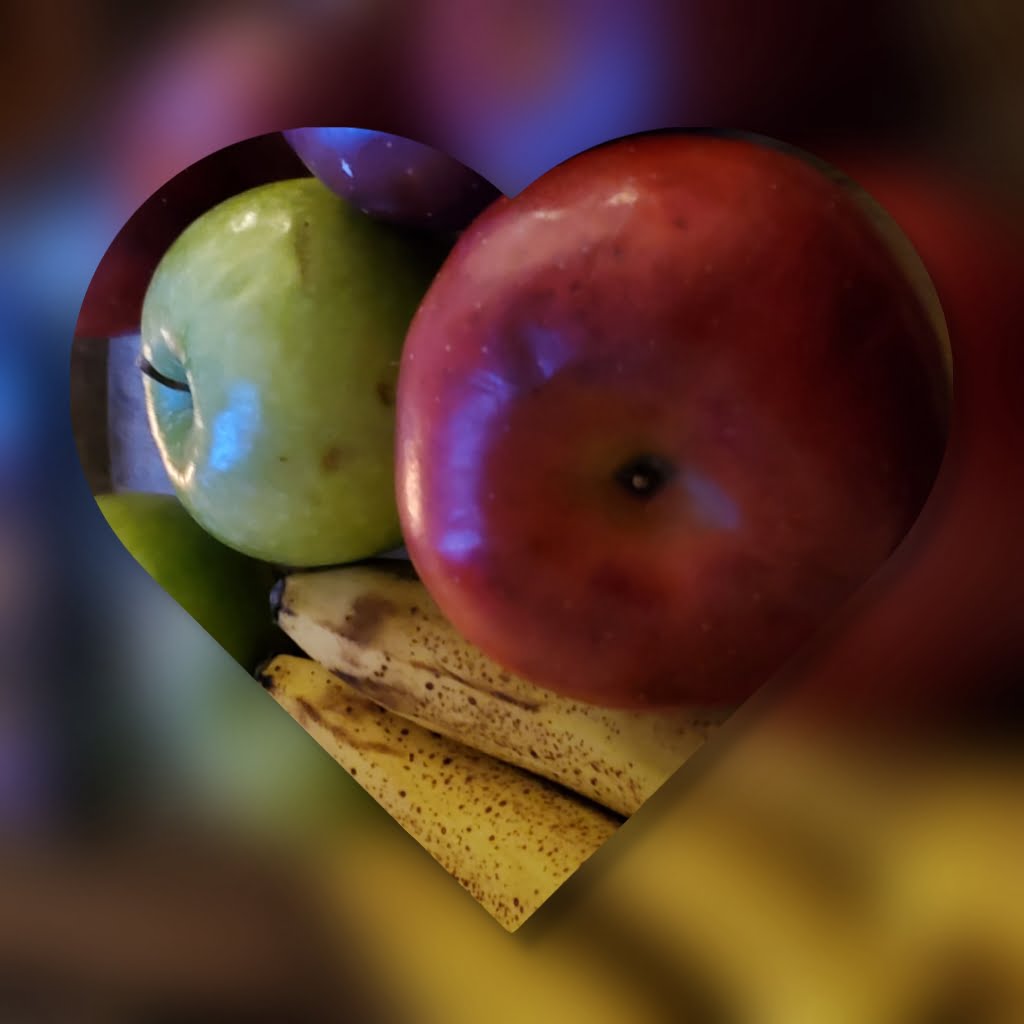Plant-based eating provides a number of health benefits (and it’s good for the environment too). It’s important to ensure that with a plant-based diet, you can get the recommended amounts of all nutrients. Taking the time to plan will also make plant-based eating achievable.
James Collier, head of nutrition at Huel, the world’s best-selling complete nutrition brand, has put together some easy tips to make sure that anyone on a plant-based diet gets the protein and vitamins they need:
Eat a variety of foods, especially different colored foods as these contain different levels of nutrients. For example, the phytonutrient lycopene, which is an antioxidant that protects against cell damage and gives tomatoes its red color. Other carotenoids also act as antioxidants and give fruit and vegetables their orange and yellow colors; for example, carrots.
Vitamin B12 plays a vital role in helping the body produce red blood cells and is perceived as tricky to get enough of with a plant-based diet. The good news is it need not be. As a start, try incorporating plant-based milks that are that are fortified with B12, as well as calcium and vitamin D. Cereals, meat alternatives, and some soy products are often fortified with B12 too. Taking a B12 supplement also rids any concerns.
Ensure adequate omega-3 consumption. If oily fish is not part of your eating plan, then foods such as walnuts, soy products, and flaxseed are ways to obtain a good intake of omega-3s. Flaxseed is one of Huel’s six main ingredients and is rich in the omega-3 essential fatty acid ALA. Omega-3 fats are generally low in a Western diet and adequate omega-3 consumption is crucial to support cardiovascular health.
Keep your intake of iron up. Iron is not just found in meat food sources. Dark leafy greens, nuts and dried fruits are great sources of iron. Iron is crucial for oxygen transport, cognitive function, and the immune system. Iron from plant sources can be harder to absorb, but again, there’s no need to worry: iron absorption can also be increased by the presence of vitamin C which is found in lots of fruits and vegetables such as oranges and peppers. It’s where the idea of having orange juice with breakfast comes from – to increase the absorption of iron that is in breakfast cereals.
There are many protein-rich foods available to a plant-based diet, for example beans, lentils, soy products, hummus, nuts, and seeds. There are misconceptions about plant-based proteins in that people claim that they are inferior to meat, eggs and dairy proteins, which isn’t the case. Although the amino acid profile of a single plant-based protein source may be inferior to an animal protein, this is easy to get around simply by combining more than one source of plant protein in a meal. For example, beans and rice both contain good amounts of protein.
More information on Huel can be found at Huel.com






